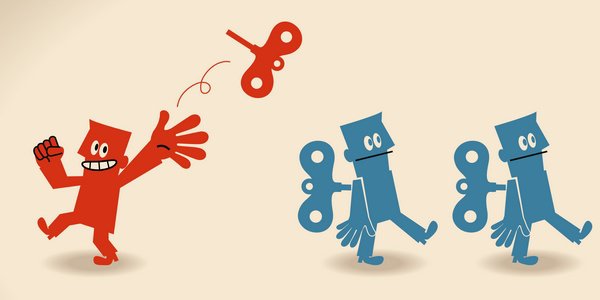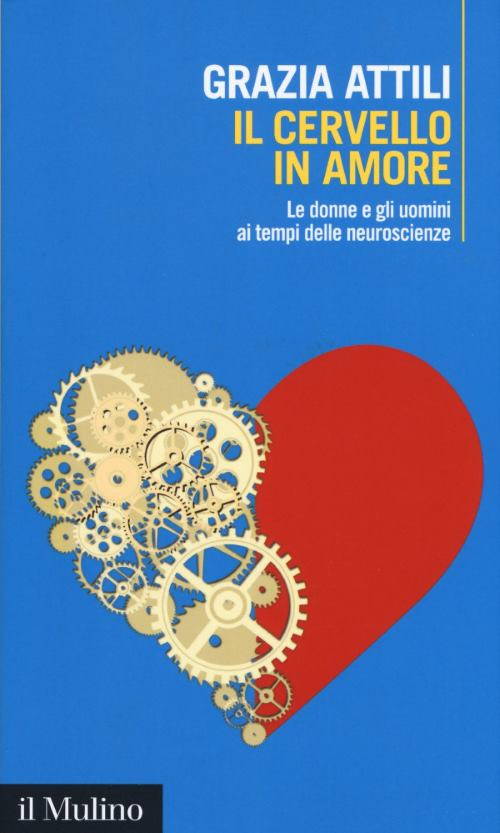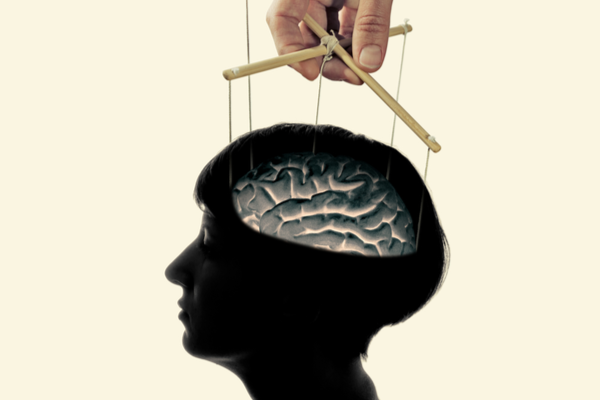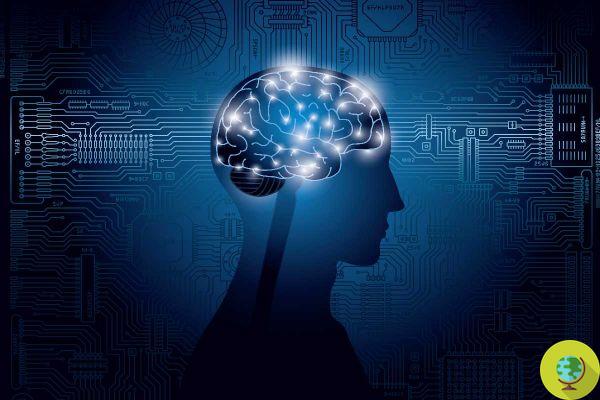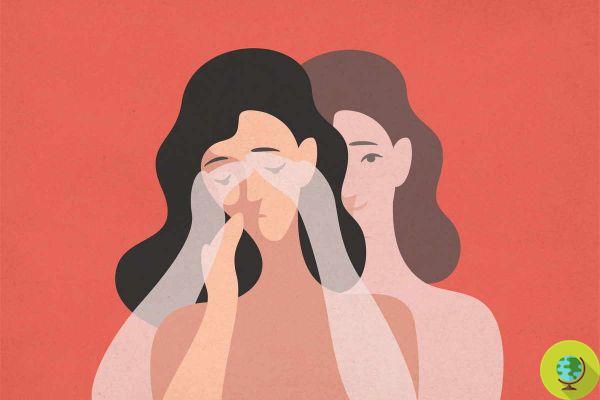Bad Memories: A chemical has been identified in the hippocampal area associated with memory and which would help people block negative thoughts.
Don't store avocado like this: it's dangerousPutting unwanted thoughts and bad memories in a drawer: nothing more true. Especially the ugly ones go to a little secret compartment of our brain. Here the negative memories are confined and it is not certain that they will never come out again.
Researchers from Cambridge University in a research published in the journal Nature Communications would have identified one chemical substance in the hippocampal area associated with memory and which would help people block negative thoughts in their mind or, conversely, set in motion the mechanisms that prevent some people from permanently forgetting a bad experience
In practice, scientists have identified a key chemical in the "memory" region of the brain that allows us to suppress unwanted thoughts, helping to explain why people who often suffer from disorders such as anxiety, post-traumatic disorders (PTSD), depression or schizophrenia often find themselves struggling with intrusive and persistent thoughts when these "circuits" go wrong.
This is the neurotransmitter GABA, what scientists think is the main inhibitor of the brain: when a nerve cell releases GABA, it suppresses the activities of the other cells with which it is connected.
“Our ability to control our thoughts is critical to our well-being - explains Professor Michael Anderson of the University of Cambridge. When this ability breaks down, it causes some of the most debilitating symptoms of psychiatric illness: intrusive memories, images, hallucinations, ruminations, and persistent, pathological worries. These are all key symptoms of mental illnesses such as PTSD, schizophrenia, depression and anxiety ”.
Professor Anderson talks about our ability to intervene and stop and retrieve particular memories and thoughts to stop a real physical action. “We will not be able to survive without controlling our actions. We have many quick reflexes that are often useful, but sometimes we need to control these actions and stop them from happening. There must be a similar mechanism to help us stop unwanted thoughts. "
A region in the anterior part of the brain known as the prefrontal cortex is known to play a key role in controlling our actions and has recently been shown to play an equally important role in restraining our thoughts. The prefrontal cortex acts as the main regulator, controlling other regions of the brain, namely the motor cortex for actions and the hippocampus for memories.
OUR OFFICE
For this investigation, the Cambridge researchers used a procedure known as "Think / No-Think" to identify a significant new brain process that allows the prefrontal cortex to successfully inhibit our thoughts.
The experiment was attended by 25 men between the ages of 19 and 36 who were asked to study pairs of unassociated words and learn to join them. For example, a couple could include the words "beach" and "Africa". The researchers assigned a signal, red or green, to one word of the pair. When the word had green, it meant that the individual had the other word in mind. On the contrary, the red signal meant that one had to avoid thinking of the other word.
During the experiment, the researchers analyzed the brains of the participants with the method of functional magnetic resonance imaging, capable of measuring changes in blood flow, and magnetic resonance spectroscopy (measuring chemical changes). They found that people who had the highest concentration of GABA had been most successful in block unwanted thoughts and that people with less GABA were less able to suppress hippocampal activity from the prefrontal cortex and, consequently, were much less able to inhibit unwanted thoughts.
Experts say this is a discovery that may answer one of the long-standing questions about schizophrenia. In fact, research has shown that people with schizophrenia have hyperactive hippocampi, related to intrusive symptoms such as hallucinations. Post-mortem studies revealed that inhibitory neurons (using GABA) in the hippocampus of these individuals are impaired, possibly making it more difficult for the prefrontal cortex to regulate activity in this structure.
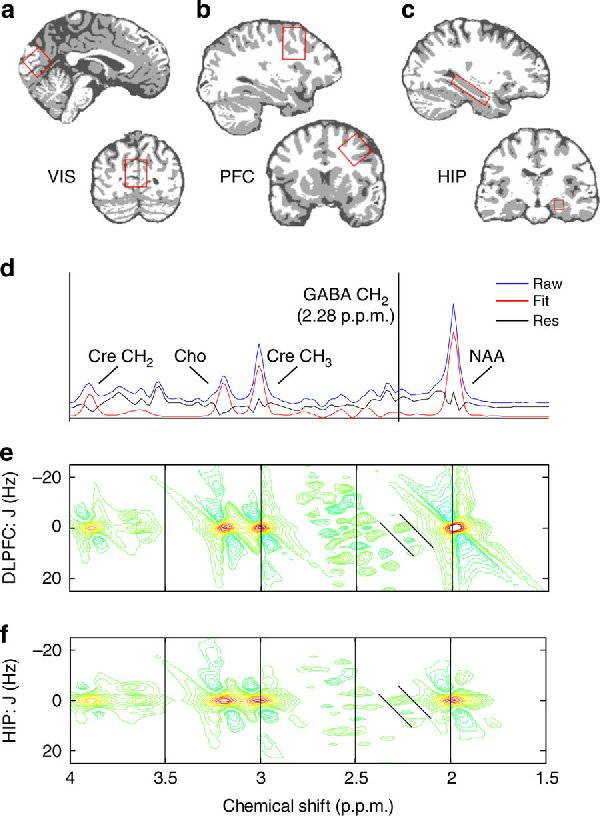
Photo source
According to Dr. Taylor Schmitz who led the research: "The environmental and genetic influences that cause hyperactivity in the hippocampus could underlie a number of disorders with intrusive thoughts as a common symptom."
Indeed, studies have shown that elevated activity in the hippocampus is seen in a wide range of conditions such as PTSD, anxiety and chronic depression, which include a pathological appearance to control thoughts - such as excessive worry or rumination.
Read also:
- How to banish negative thoughts
- How to protect yourself from negative energies
-
Meditate: 10 scientifically proven reasons to do it at least 10 minutes a day
A discovery that will probably help the scientific community to acquire greater knowledge about all the diseases that cause you to lose control of your thoughts. Intrusive memories, images, hallucinations or pathological and persistent worries may perhaps have their precise cause and, therefore, a more targeted cure.
Germana Carillo




